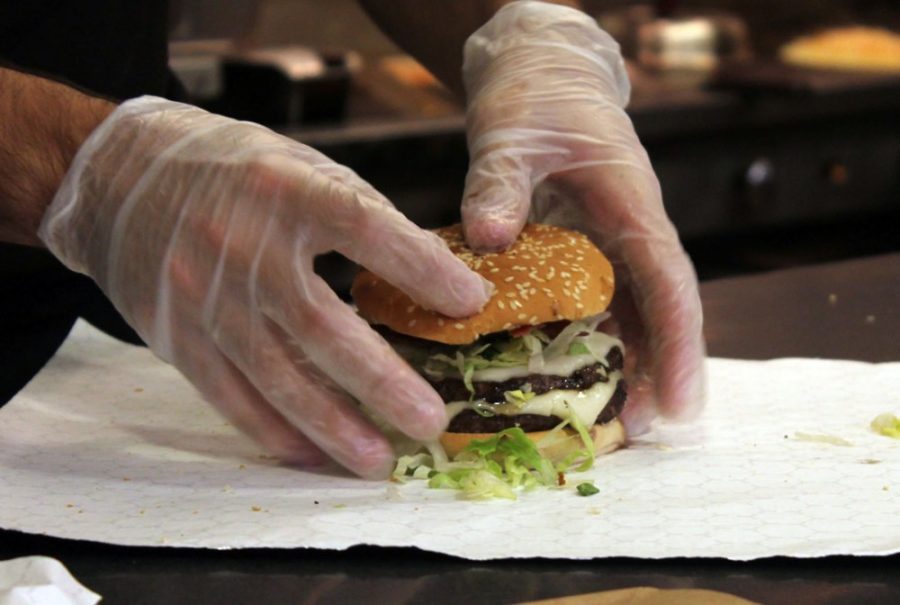A new class is coming to the UA next semester that will move scientists from the laboratory into the kitchen.
Srinivas Manne, an associate professor of physics, will teach the new course, titled The Science of Good Cooking, through the physics department. The basic concept of the class, according to Manne, is to use “the principles of thermal physics and chemistry to make cooking — and baking and preserving — more interesting, fun and tasty.”
Throughout the semester, questions will be posed and solved, such as: What kinds of molecules make up food? What is heat?
How does it travel? How do these molecules respond to heat? What are infrared waves and microwaves? And how do they transfer energy?
All of these questions fall under the main concepts students will learn in the class — electromagnetism, heat flow, phase changes, materials properties and biochemistry — which will then be applied to cooking. These questions will be the fundamental basis of the class, and the lectures and projects will be constructed to go hand-in-hand with these topics.
The projects for the class will incorporate baking and cooking, such as boiling eggs and creating baked Alaskas. During these types of assignments, Manne said enrolled students will be “using infrared cameras to track the heat flow inside baked potatoes, measuring water loss in grilled meat and examining corn popping in slow motion.”
Just as in other science classes, students will have their own experiments to perform in the form of cooking different foods, and they will be expected to keep a lab notebook that includes information about their trials and results from each project.
Manne currently teaches a senior-level thermal physics class, physics 426. The class serves as a way to show students that physics has practical applications to everyday life.
“Physics has the reputation of dealing with exotic environments like photon gases and neutron stars,” Manne said, “but in fact, the same basic principles can be used to bake a turkey.”
The setup of the course is not too different from any other class, but on occasion, guest lecturers ranging from master chefs to bakers will come in to apply scientific principles to their cooking. According to Manne’s syllabus draft, the homework will consist of students keeping a notebook that compiles their cooking experiment data into one area. After each cooking experiment, the students will write a short report showing the results found and concepts learned during the experiment.
Manne described cooking as a way to explore the way molecules interact with each other. In this manner, experimentation becomes not only intellectually satisfying, but delicious, too.
The Science of Good Cooking will be available for the first time next semester as physics 200. The course will be offered on Tuesdays and Thursdays from 11 a.m. to 12:15 p.m.
_______________
Follow Chelsea Cook on Twitter.









